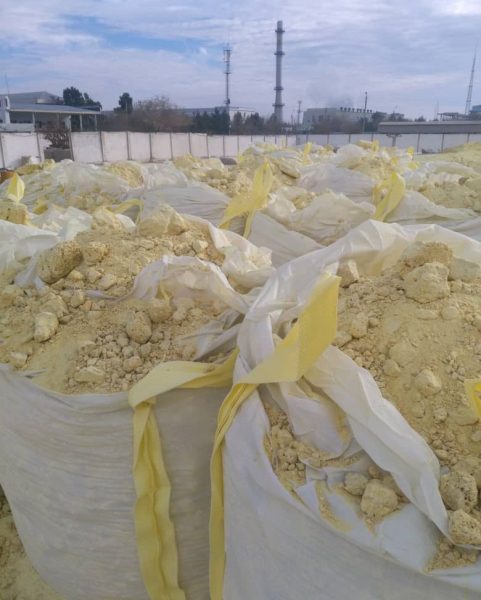Sulfur powder for rubber is a commonly used vulcanizing agent. There are two types of sulfur: rhombic and amorphous (or insoluble sulfur), the former is a cyclic structure with eight sulfur atoms, and the latter is actually a molecular polymer that is insoluble in most solvents and rubbers, and therefore is called insoluble sulfur. Sulfur is usually obtained by distillation, cooling and crystallization of natural sulfur-containing ores, and sulfur water can also be separated from petroleum refinery gas and sulfur water. Sulfur can be processed into different varieties for use in the rubber industry. So what kinds of sulfur are mainly used in the rubber industry, and what is the difference between them?
1. Sulfur powder can be obtained by pulverization and acidification deacidification. The fineness of sulfur powder for rubber is generally below 700 mesh, and the sulfur content of special varieties is about 600 mesh.
2. Simultaneously heat sulfur and calcium oxide to precipitate to form polysulfide calcification table, add dilute sulfuric acid to digest sulfur. This is called precipitated sulfur. Because of its excellent dispersion in rubber, it is used in modern advanced rubber products.
3. Colloidal sulfur is also called highly dispersible sulfur. In the presence of a dispersant, the powdered or deposited sulfur is ground into a sticky mass by a ball mill or colloid, which is then dried and pulverized into colloidal sulfur. Colloidal sulfur is suitable for the production of latex products.
4. The surface treatment of sulfur is to coat the surface of sulfur particles with a layer of oil or polyisobutylene that is conducive to dispersion. Usually 2.5% oil and sulphur are used to produce the paste.
5. Insoluble sulfur, crystalline sulfur is heated and melted to 200-250 degrees Celsius, and after rapid cooling, a transparent elastomeric chain polymer is formed. Due to the effect of supercooling, the solution state remains unchanged at -30 °C, and it can gradually change to a rhombic structure above room temperature, especially at 90-100 °C. At room temperature, the propagation conditions of insoluble sulfur are stable for 24 hours. , is stable at room temperature. 1.5 hours at 78 degrees Celsius, instant conversion at 105 degrees Celsius. Use insoluble sulfur to prevent frost spray. The volcanic action time is shortened, and it is suitable for high temperature and short time environment.

